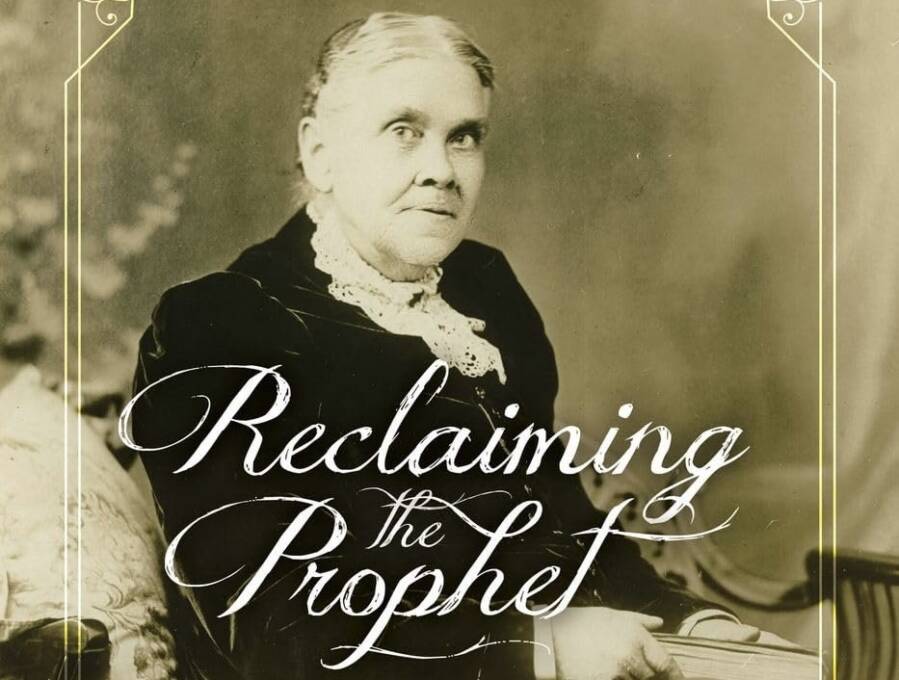DIO COMBATTE PER TE. Approfondimento della lezione 05 del 4° trimestre 2025 a cura di Mariarosa Cavalieri, Chiara Calabrini e Nicolò D'Elia. 📩 Trovi i materiali utili qui:
🔗 https://uicca.org/4-trimestre-2025-lezione-05
🔗https://uicca.org/nocciolo-4-trimestre-2025
🔗 https://uicca.org/edizioni-adv-4-trimestre-2025 Source: https://www.youtube.com/watch?v=byRh2p9MPTI
Adventist Volunteers Assist Flood Recovery in Taiwan After Typhoon Ragasa Overflow
On September 23, 2025, heavy rain from the outer circulation of Typhoon Ragasa caused the upper reaches of the Mataian River in Hualien, Taiwan, to overflow. The massive flow destroyed the Mataian River Bridge and carried a large amount of mud and… Source: https://adventist.news/news/adventist-volunteers-assist-flood-recovery-in-taiwan-after-typhoon-ragasa-overflow
$2,500 To Go LIVE—Help Us Stream ‘Reclaiming the Prophet’

We need your immediate help to secure a $2,500 livestreaming budget to broadcast a critical global dialogue. This essential conversation—a panel discussion on the book Reclaiming the Prophet: An Honest Defense of Ellen White’s Gift—is being jointly presented by Adventist Today, Spectrum, and the LLUC Sabbath Seminars class. It takes place on Sabbath, November 8, […] Source: https://atoday.org/2500-to-go-live-help-us-stream-reclaiming-the-prophet-now/
Proverbi 25:28 – Apri la porta del tuo cuore
"L'uomo che non ha autocontrollo è una città smantellata, priva di mura". 📖 Proverbi 25:28
—
💌 Apri la porta del tuo cuore
🗣 Speaker: Alessia Zagara Source: https://www.youtube.com/watch?v=cY4Q4mKii3c
What if AI exposed the devil’s strategy? #ai #devil #satan #faithjourney #pride #distraction
- « Previous Page
- 1
- …
- 347
- 348
- 349
- 350
- 351
- …
- 8306
- Next Page »
